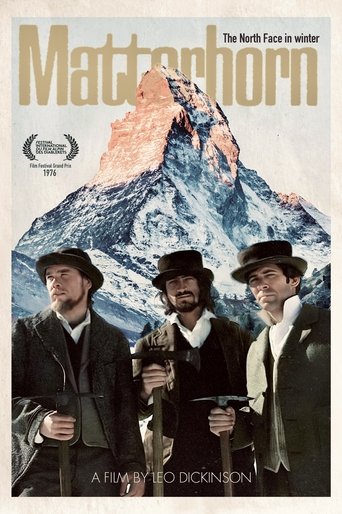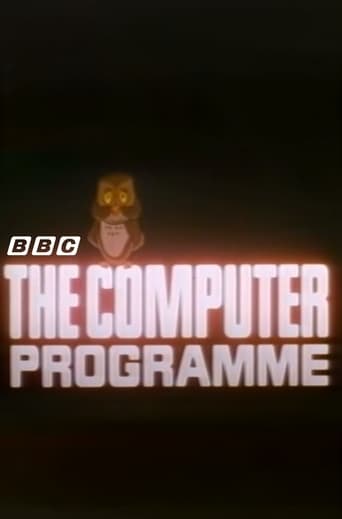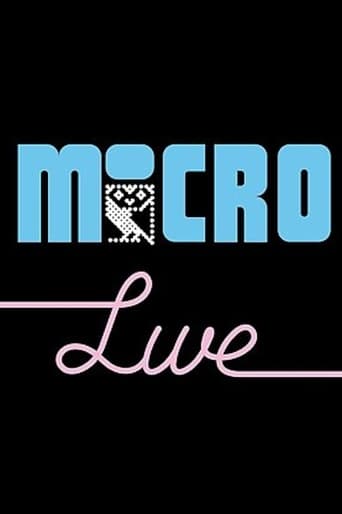Matterhorn - The North Face In Winter
Aug 24, 1976La première ascension hivernale filmée de la face nord du Cervin. Pour planter le décor, l'histoire tragique de la première ascension d'Edward Whymper est habilement reconstituée. L'expédition moderne, une équipe de trois alpinistes britanniques, est également en proie à des épopées : Eric Jones est frappé par une avalanche et ne parvient à s'arrêter dangereusement qu'au bord d'une chute de 1000 pieds. Puis la pire tempête jamais enregistrée à Zermatt frappe le Cervin. Avec le temps et la météo contre eux, l'équipe est obligée de grimper dans le noir tandis que des orages grondent autour d'eux. Cette aventure capture l'habileté et le courage des grimpeurs, leur agonie et leur tension, ainsi que la beauté de l'assaut sur cette montagne spectaculaire. Grand Prix du festival Les Diablerets (Switzerland) en 1976.
Documentary



